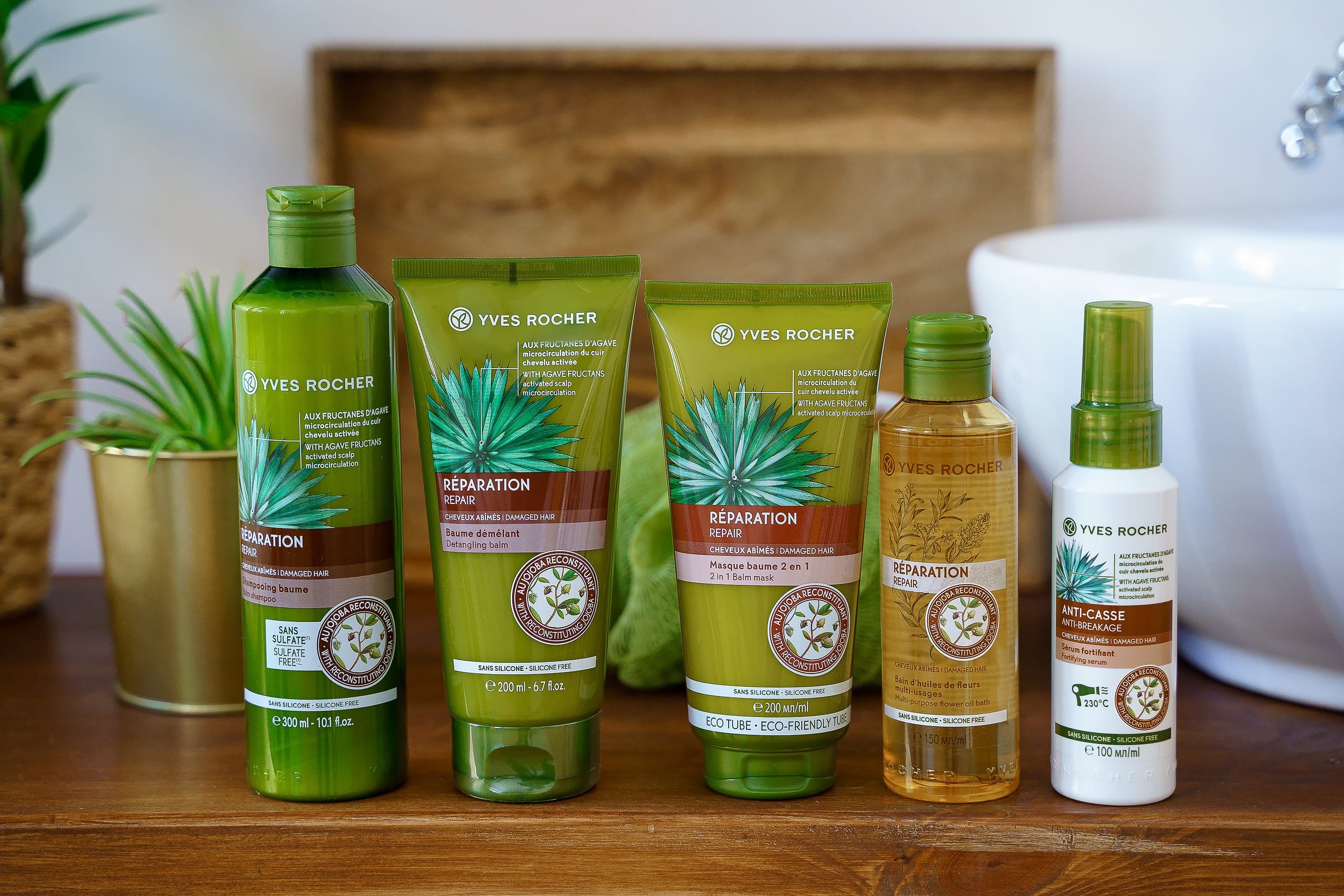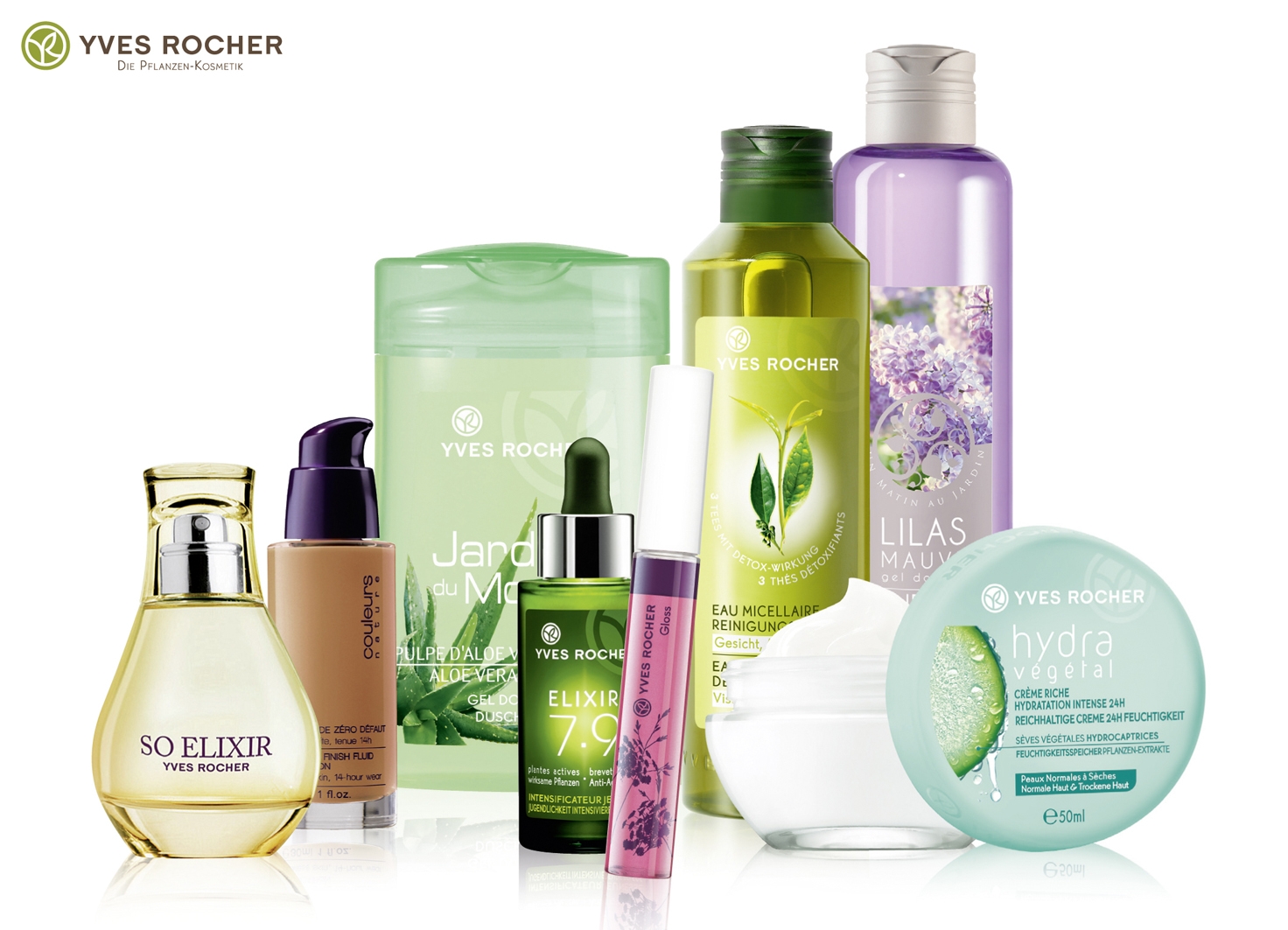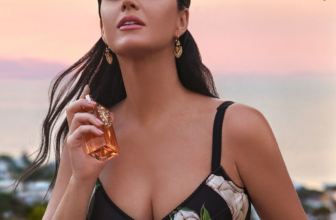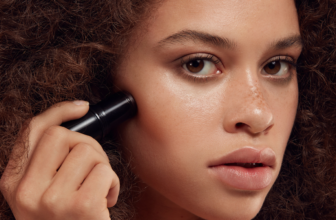In the world of beauty and cosmetics, Yves Rocher stands as a shining example of a brand that not only revolutionized the industry but also pioneered the concept of sustainable beauty. Founded by the visionary entrepreneur Yves Rocher in 1959, the eponymous company has since evolved into a global beauty giant with a commitment to both enhancing natural beauty and preserving the environment. This article delves deep into the fascinating journey of Yves Rocher, exploring its history, principles, product range, and the significant impact it has had on the beauty industry and the environment.
The Visionary Behind the Brand
Yves Rocher, a French businessman and botanist, was a man ahead of his time. Born in 1930 in La Gacilly, a quaint village in Brittany, France, Rocher’s childhood was steeped in a love for nature and plants. This deep connection with the environment would later become the cornerstone of his company’s philosophy.
In 1959, Yves Rocher founded his eponymous brand, Yves Rocher, with a simple but profound vision: to make beauty products from plants and bring natural beauty to every woman. His initial foray into the beauty industry started with the development of a cream using Arnica Montana, a wildflower known for its skin-soothing properties. This marked the beginning of a legacy that would redefine the beauty industry.
Natural Beauty: A Core Philosophy
I hjertet af Yves Rocher's philosophy was the belief that every woman possesses natural beauty. His vision was to enhance this innate beauty through botanical ingredients while respecting and preserving the environment. This approach was revolutionary in an era when synthetic ingredients dominated the beauty market.
The brand’s commitment to harnessing the power of plants for beauty products has remained unwavering throughout its history. Yves Rocher’s team of botanists and researchers scoured the world for the finest botanical extracts, developing formulas that not only delivered outstanding results but also minimized the environmental impact of beauty production.
Sustainable Innovation: A Trailblazing Approach
Yves Rocher was not content with simply creating effective and eco-friendly beauty products; he also sought to minimize waste and reduce the carbon footprint of his company’s operations. In the 1970s, the brand introduced an innovative concept by opening its own botanical garden in La Gacilly, where over 1100 species of plants were cultivated for research and product development. This garden allowed Yves Rocher to control the quality of the botanical ingredients used in their products and significantly reduce transportation-related emissions.
The brand’s dedication to sustainability was further demonstrated through its commitment to responsible sourcing and ethical practices. Yves Rocher worked closely with local communities worldwide to support fair trade and biodiversity conservation efforts. This commitment not only improved the livelihoods of local communities but also ensured a steady supply of high-quality plant-based ingredients.
A Product Range for Every Need
I årenes løb, Yves Rocher has expanded its product range to cater to a wide array of beauty needs. From skincare and makeup to fragrances and haircare, the brand offers an extensive selection of products, all formulated with botanical ingredients. Some of their most iconic products include the Sebo Végétal range for oily and combination skin, the Riche Crème anti-aging line, and the popular Eau de Toilette fragrances that capture the essence of nature.
Yves Rocher's commitment to natural beauty extends beyond product development. The brand has also introduced eco-friendly packaging, using recyclable materials and reducing unnecessary packaging wherever possible. This aligns with their broader goal of reducing waste and environmental impact.
Impact on the Beauty Industry
Yves Rocher's journey from a small village in Brittany to an international beauty powerhouse has left an indelible mark on the beauty industry. The brand’s commitment to natural ingredients, sustainability, and ethical practices has influenced many other companies to follow suit. Today, more beauty brands are focusing on environmentally friendly practices, transparency in ingredient sourcing, and cruelty-free testing methods, largely due to the pioneering efforts of Yves Rocher.
Leading the Way in Ethical Beauty
Yves Rocher's commitment to ethical beauty extends beyond product development and sourcing. The brand has consistently advocated against animal testing and has been a strong supporter of the global movement to ban such practices in the beauty industry. Long before animal testing became a mainstream concern, Yves Rocher proudly proclaimed its stance against it, firmly establishing itself as a cruelty-free brand. This unwavering dedication to the welfare of animals has not only earned the brand a loyal following of conscious consumers but has also inspired other beauty companies to reassess their practices and join the cruelty-free movement.
Desuden, Yves Rocher's educational initiatives have empowered consumers to make informed choices about the beauty products they use. The brand has consistently shared knowledge about botanical ingredients, their benefits, and how they work synergistically with the skin. This educational approach fosters a deeper connection between consumers and the products they purchase, encouraging individuals to take a proactive role in their beauty routines and make choices that align with their values and preferences.
A Green Future for Yves Rocher
As we look to the future, Yves Rocher continues to push the boundaries of sustainability and innovation in the beauty industry. The brand is actively investing in research and development to discover new botanical treasures from around the world, ensuring that their product formulations remain at the forefront of natural beauty science. Additionally, Yves Rocher is exploring the use of cutting-edge eco-friendly packaging materials and further reducing its carbon footprint through eco-efficient manufacturing processes.
Den Yves Rocher Foundation, established in 1991, reflects the brand’s commitment to environmental conservation. The foundation supports projects aimed at protecting biodiversity, combating climate change, and empowering women in rural areas, all of which align with Yves Rocher’s core values. As the beauty industry continues to evolve, Yves Rocher remains a beacon of inspiration for brands seeking to make a positive impact on both beauty and the planet. With its rich history, sustainable practices, and dedication to natural beauty, Yves Rocher is poised to lead the way toward a greener, more beautiful future for all.
Yves Rocher's legacy is a testament to the power of vision, innovation, and a deep connection to nature. From its humble beginnings in La Gacilly, the brand has grown into a global leader in sustainable beauty, emphasizing the use of botanical ingredients and responsible practices. Yves Rocher’s commitment to natural beauty and environmental preservation continues to inspire the beauty industry and consumers worldwide to make choices that prioritize the planet and enhance their natural beauty simultaneously. As we move into a future where sustainability is paramount, Yves Rocher’s principles remain as relevant and inspiring as ever.














